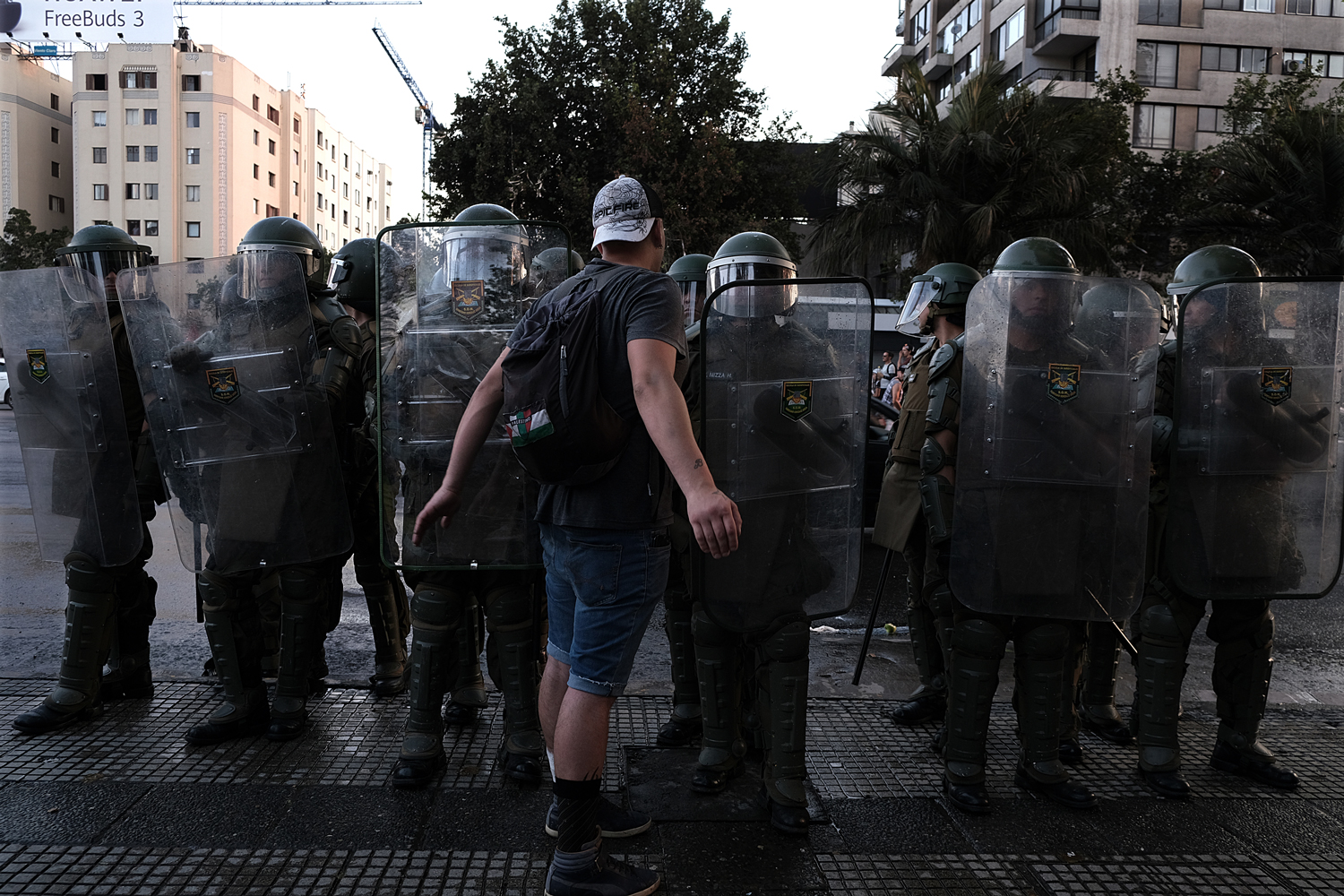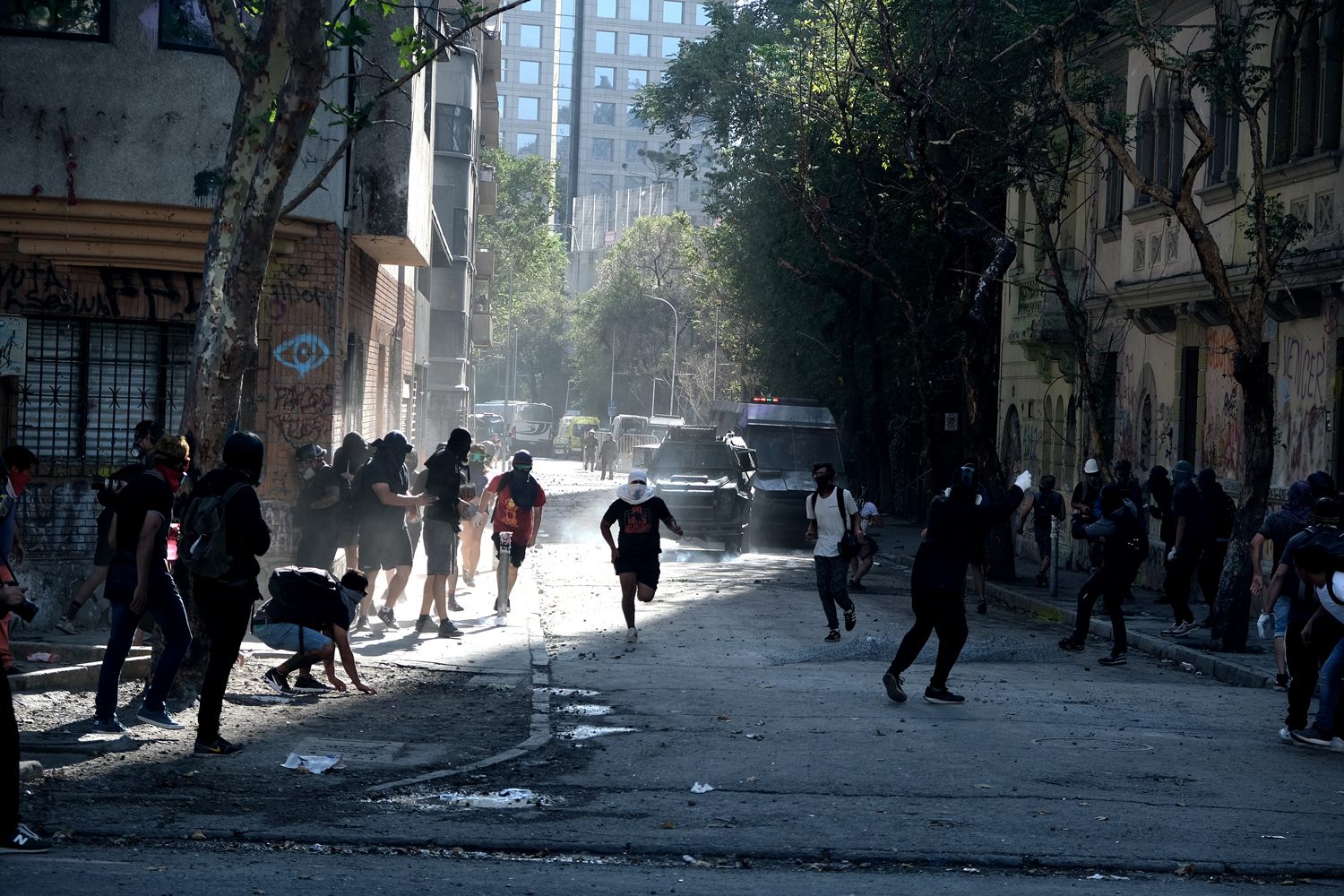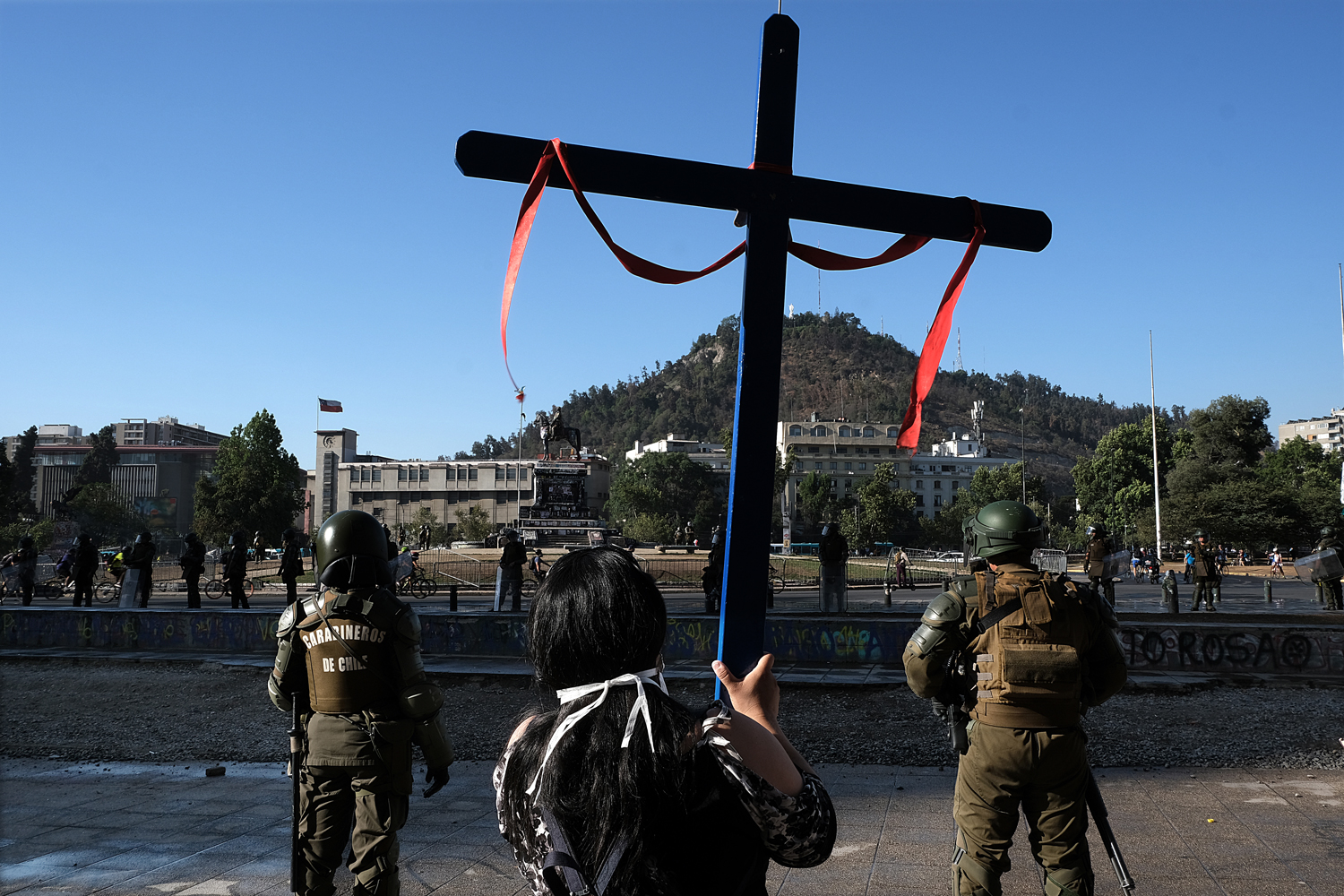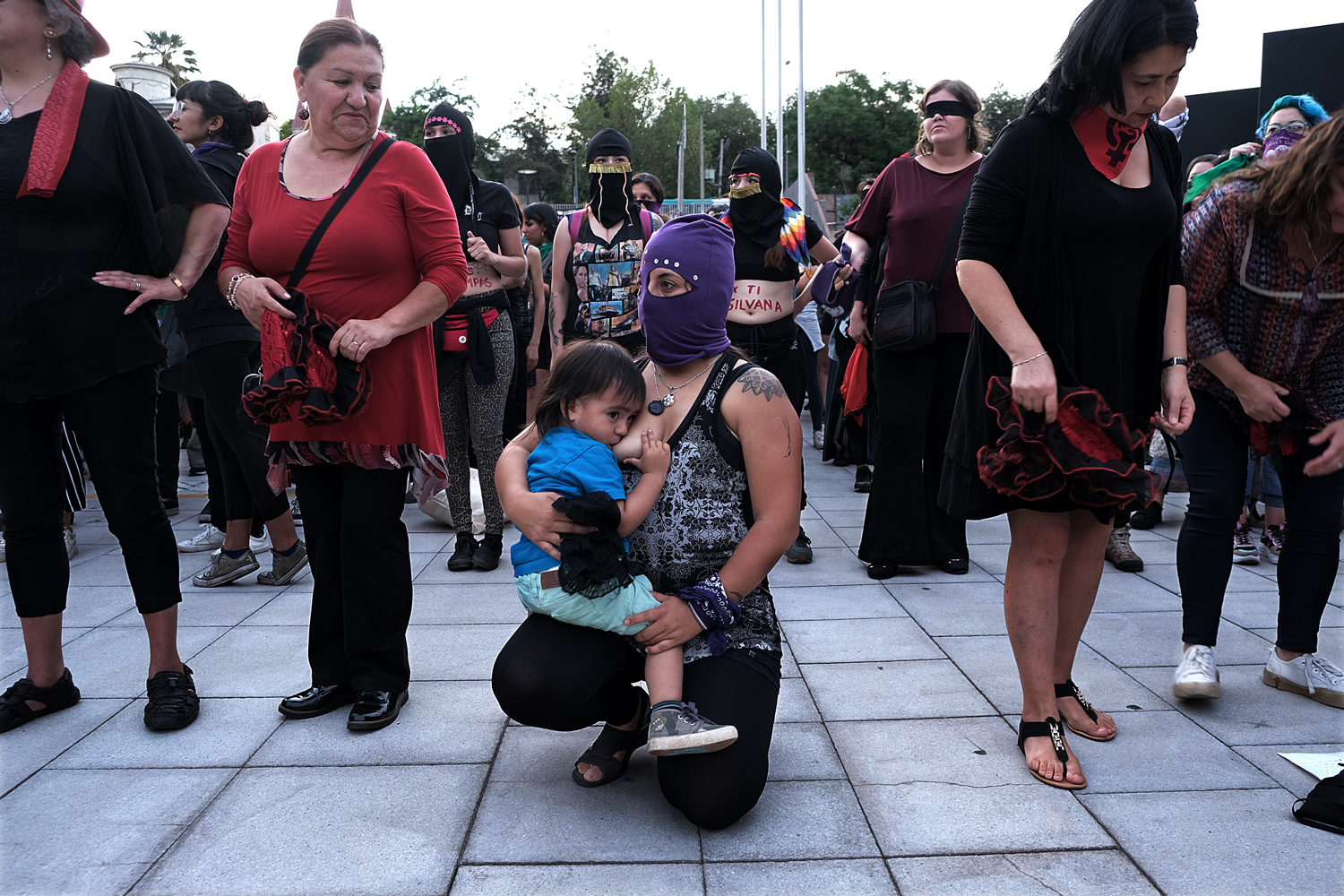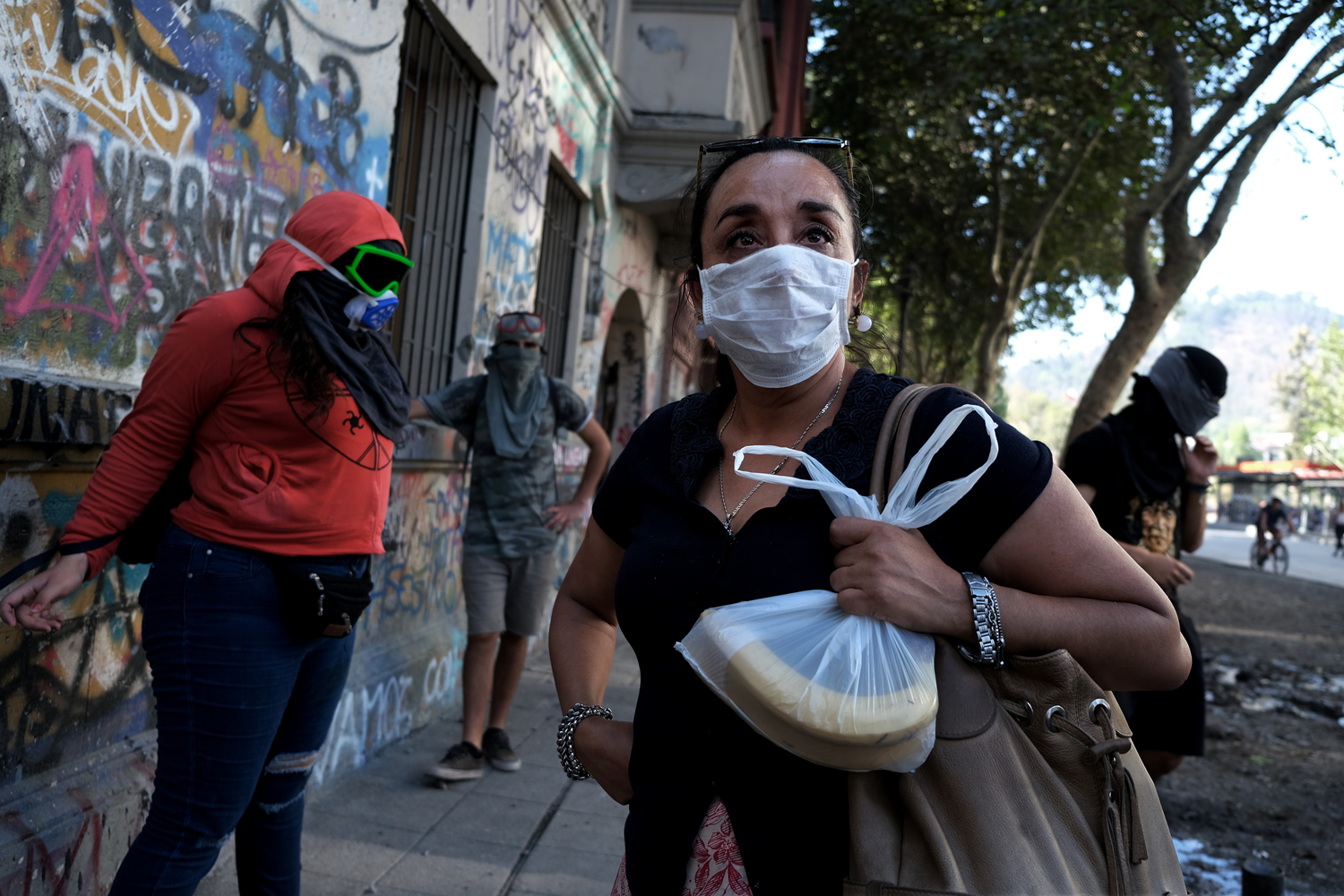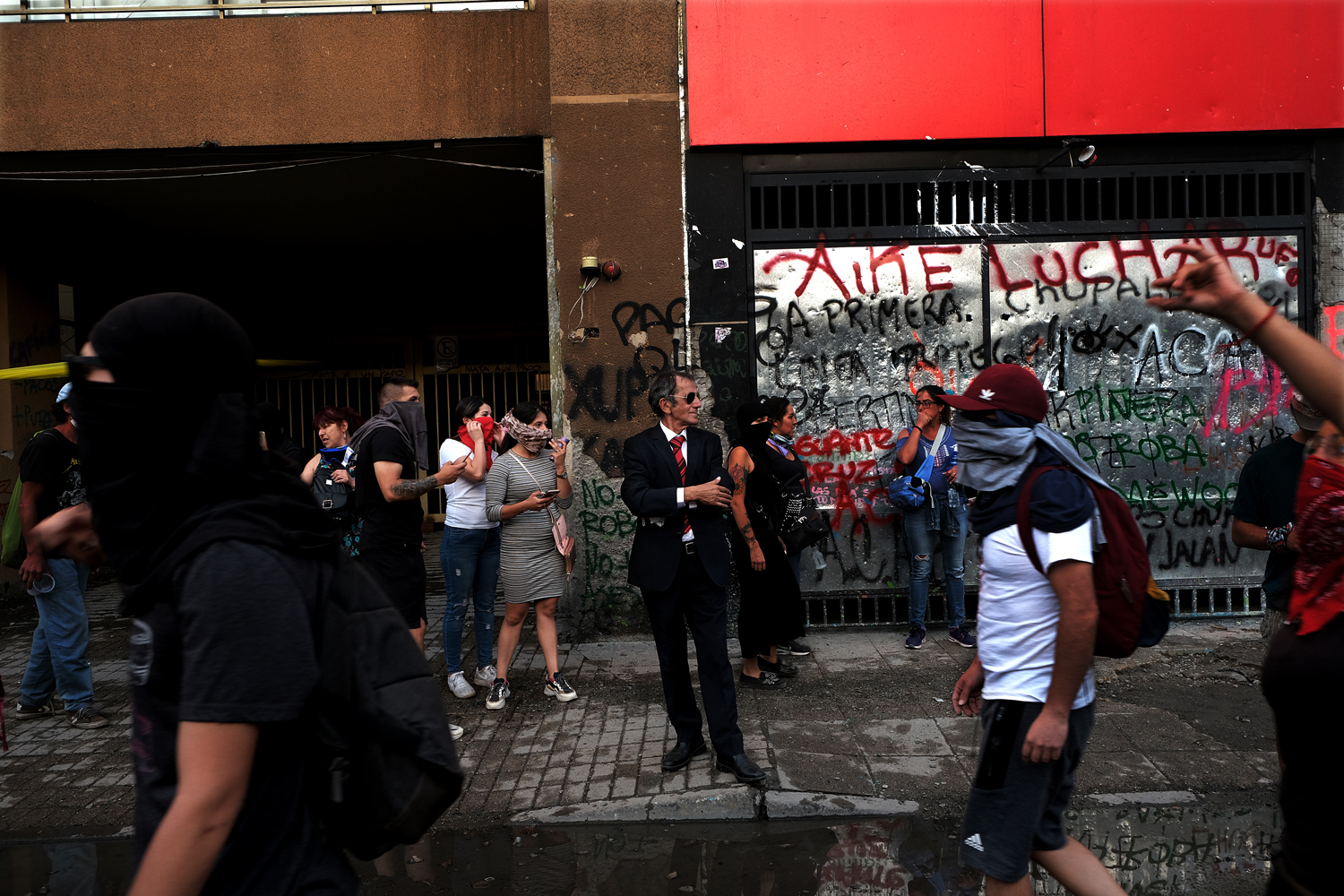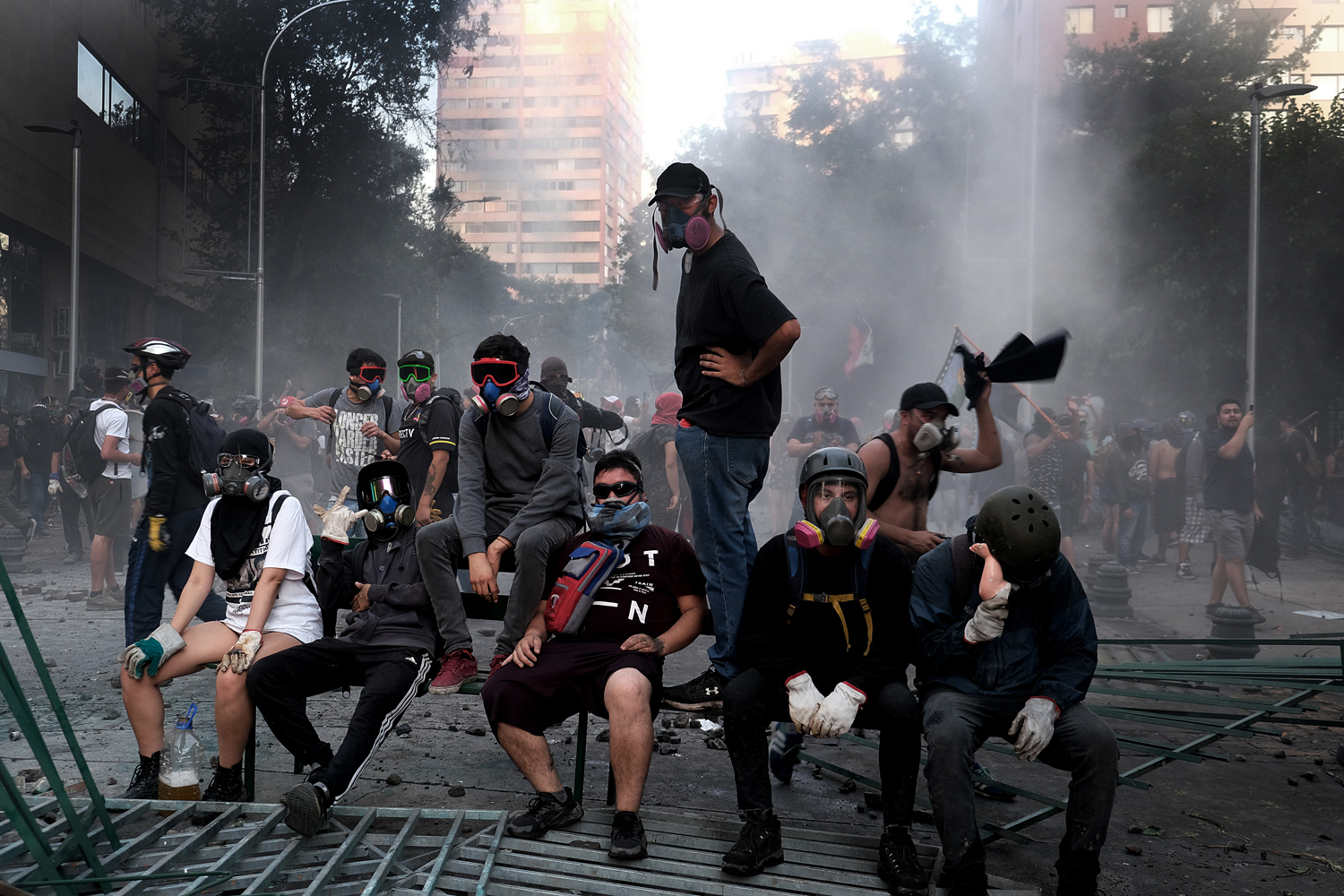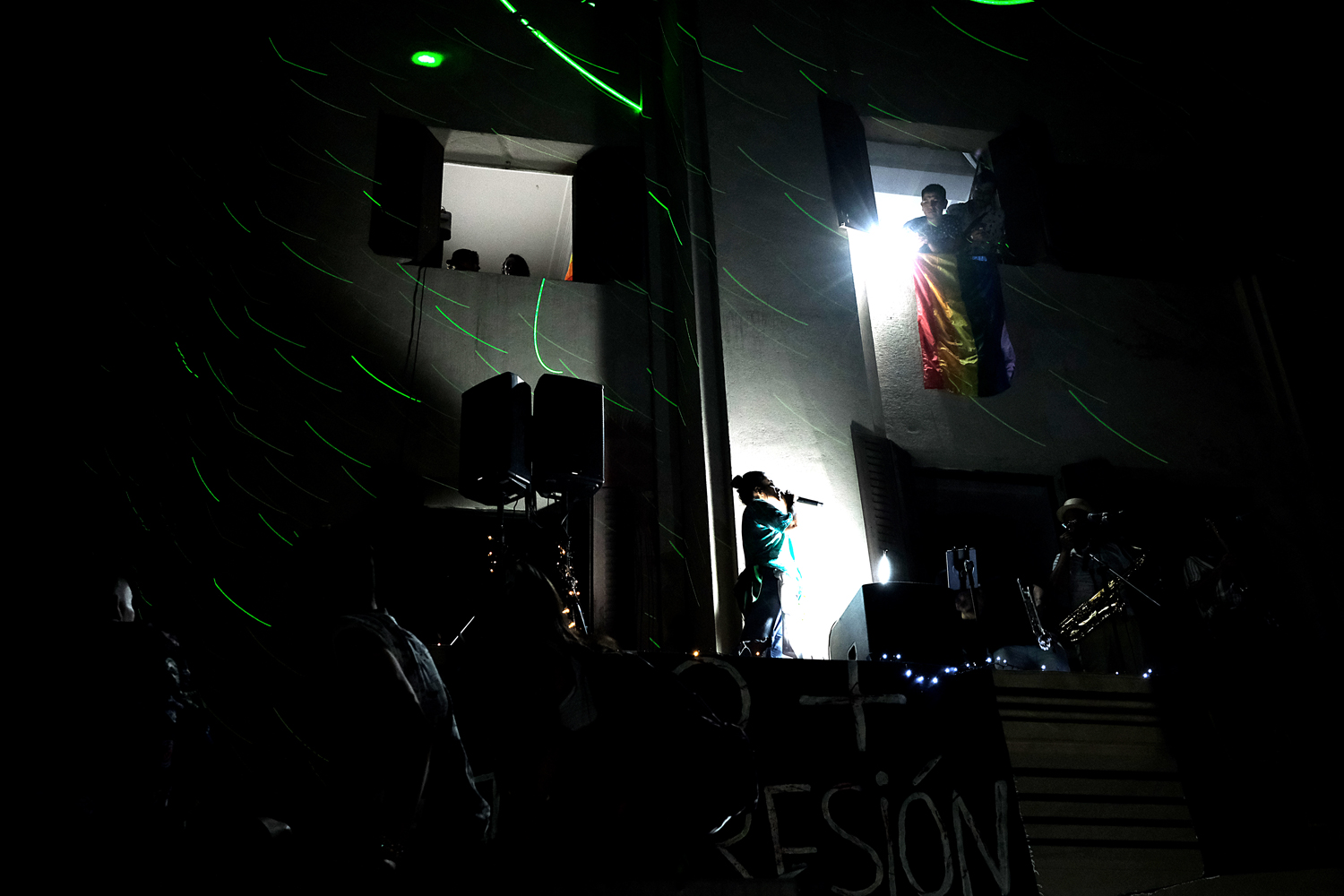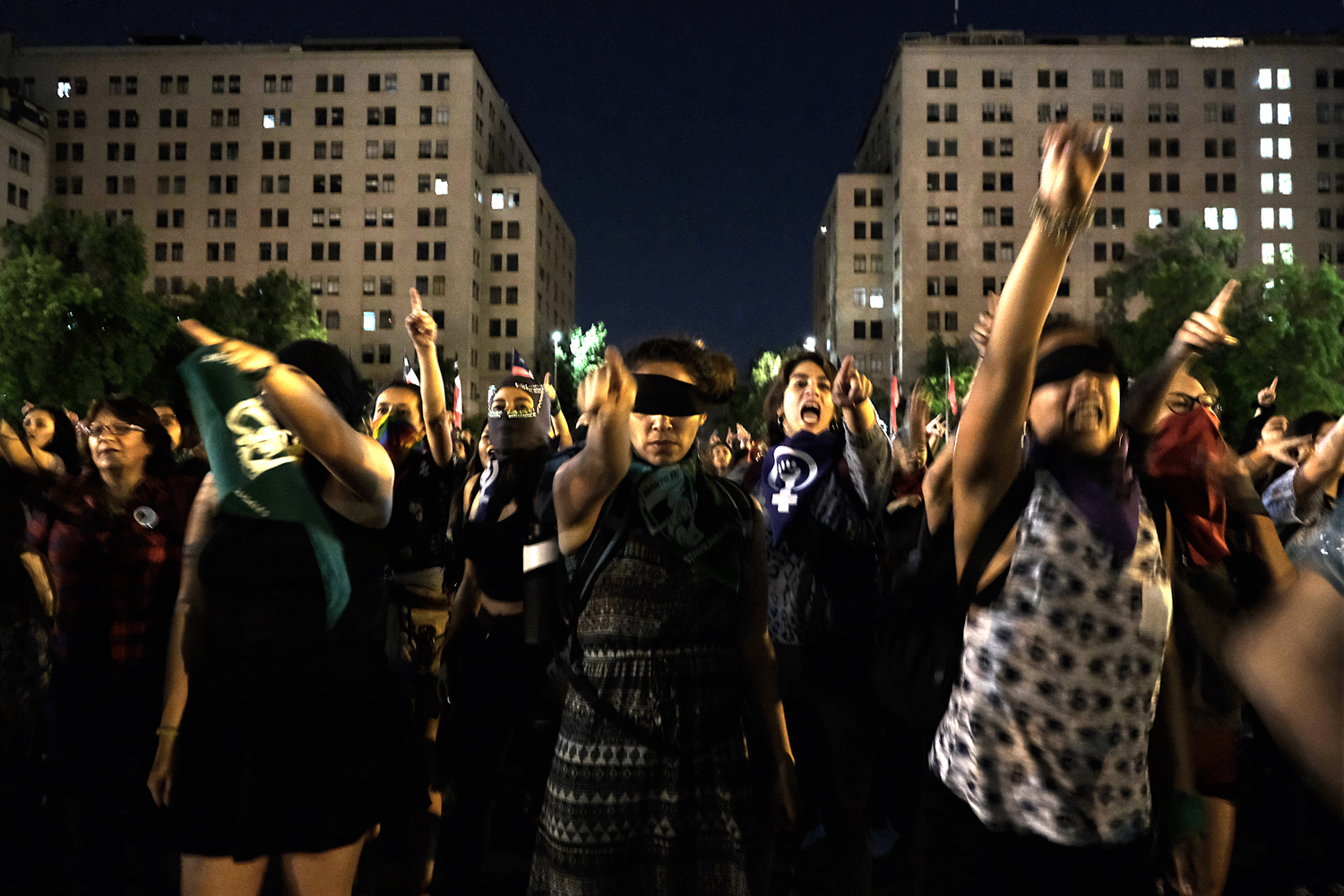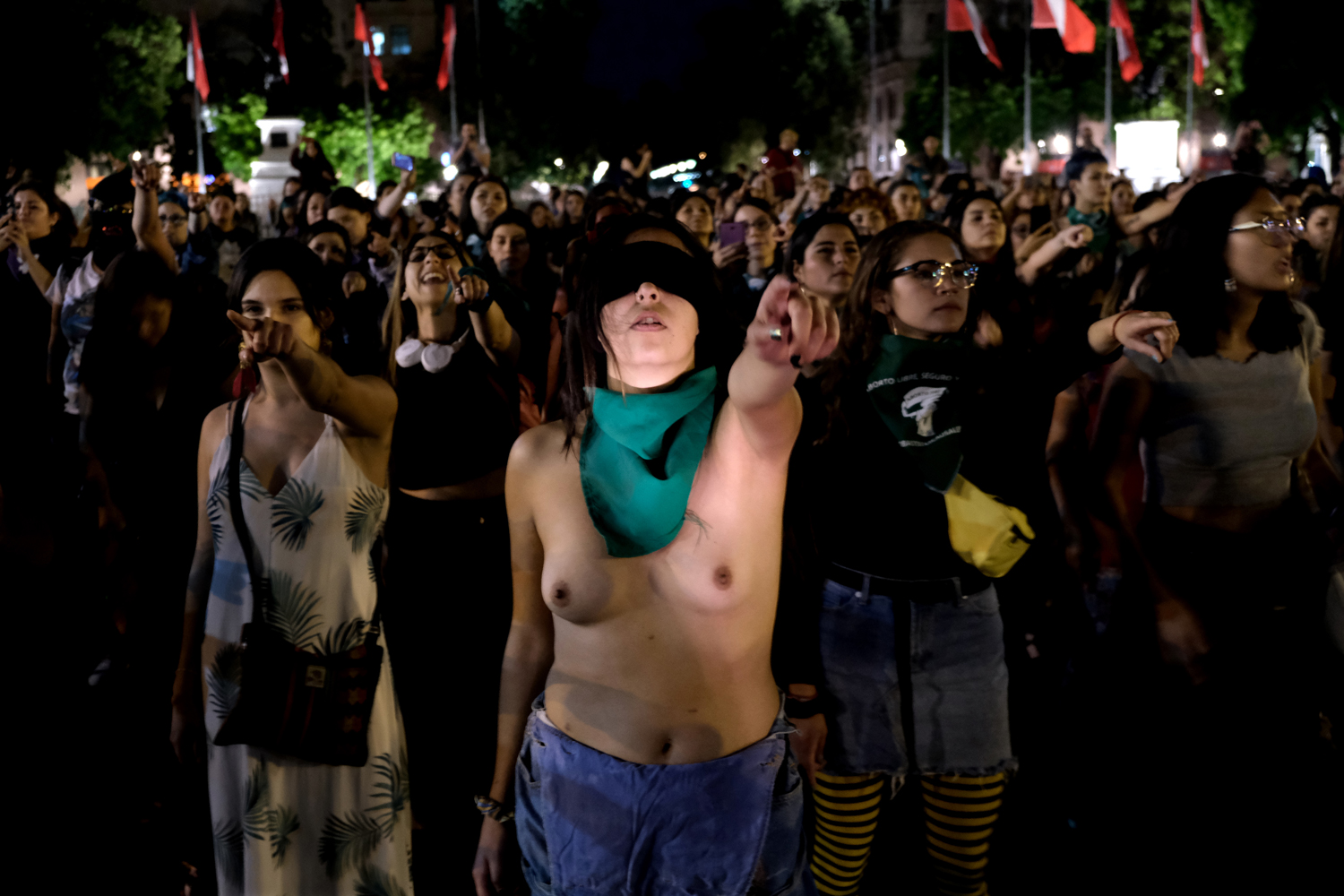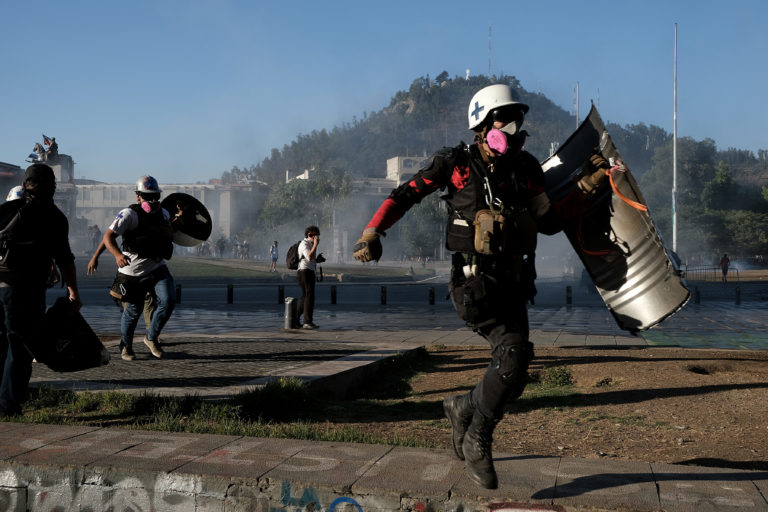Since the end of October 2019, thousands of chilean people are demonstrating non-stop in most of the cities in the country. What at the beginning appeared to be just a student protest against the rising of the price of the urban transport ticket (30 pesos, about 0,037 of a euro), became instead the switch of a massive people’s movement able to paralyse the country and showing all the rage of chilean people towards the government and its 30 years of neo-liberal policy, which produced a huge gap between classes and increased deep social inequalities. Indeed, the ongoing social protest in Chile reveals old roots. At the centre of the protest there’s the actual Chilean constitution wrote in 1990, just a couple of years after Pinochet’s regime was definitely removed by a popular referendum in 1988. Instead of modify laws towards a more open and democratic way, in order to improve a new social system after 18 years of dictatorship, the power detained by a restricted number of people (most of them heritage of the same dictatorship) was instead established and renewed. Within the years the new-liberalism policy imposed by the constitution and confirmed by all the following governments was totally absorbed and set on practice, allowing the privatisation of the basic social structures as health, education and pensions, while the main mineral resources like copper and lithium were sold to foreign multi-national companies. Water and its control are also detained by a restricted number of retailers, effecting on the the entire distribution and price, the highest in Latin America. Wherever in the country people are still now on the streets asking for real structural reforms and an equal distribution of richness, in a country where salaries are deeply unfair and pension rates the lowest in the world. After 30 years of lies and abuses the social protest in Chile shows the political resilience of a population tired of a tyranny never really ended.

